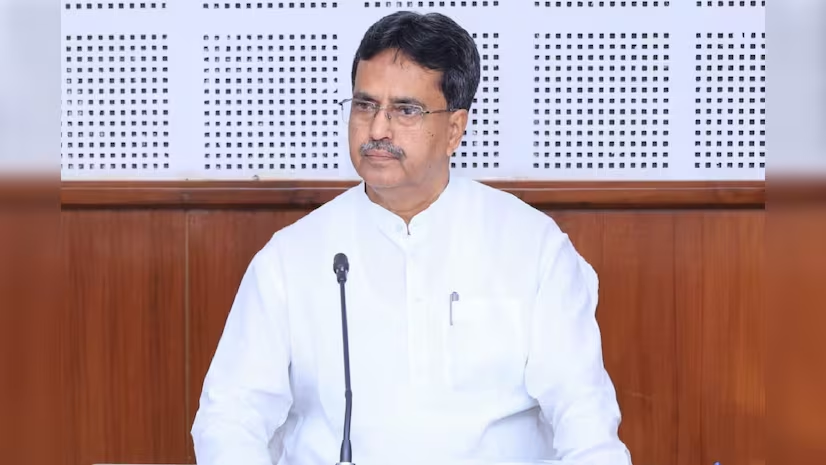The 16th Finance Commission team is set to visit Tripura on January 29, marking a significant event in the state’s fiscal planning and development strategies. This visit underscores the importance of understanding the state’s unique economic challenges and addressing its developmental needs through financial allocation and resource distribution. According to official sources, the team will engage with the state government to assess its fiscal policies, developmental priorities, and resource management strategies.
Understanding the Role of the Finance Commission
The Finance Commission of India, established under Article 280 of the Constitution, is tasked with recommending the distribution of tax revenues between the Union and the states and among the states themselves. Its primary objective is to promote cooperative federalism by ensuring equitable resource distribution, considering the specific needs and capabilities of each state.
The 16th Finance Commission, constituted by the President of India, will cover the five-year period from 2026 to 2031. It is chaired by Nand Kishore Singh, a seasoned bureaucrat, and includes eminent members with expertise in finance, economics, and public policy. The Commission’s visit to Tripura is part of its broader consultation process with states to gather inputs for its recommendations.
Tripura’s Expectations and Challenges
As a northeastern state, Tripura faces unique geographical, economic, and infrastructural challenges. With its proximity to international borders and limited connectivity to mainland India, the state has historically struggled with developmental constraints. Additionally, the state’s economy relies heavily on agriculture, horticulture, and allied activities, making it vulnerable to climate change and market fluctuations.
The Tripura government is expected to present a detailed memorandum to the Finance Commission, highlighting its fiscal needs and developmental priorities. Key areas likely to be discussed include:
- Infrastructure Development: Enhancing road, rail, and air connectivity to boost trade and tourism.
- Health and Education: Addressing gaps in healthcare facilities and improving the quality of education to build human capital.
- Rural Development: Strengthening rural livelihoods through support for agriculture, irrigation, and rural industries.
- Urbanization: Managing the rapid growth of urban centers and improving urban infrastructure.
- Border Trade: Leveraging its strategic location to enhance trade with neighboring Bangladesh and Southeast Asia.
- Climate Resilience: Addressing the impact of climate change on agriculture and natural resources.
The Commission’s Engagements in Tripura
During its visit, the Finance Commission team will meet with the Chief Minister, senior officials, and representatives from various departments. These interactions will provide the Commission with a comprehensive understanding of the state’s fiscal situation, expenditure patterns, and resource mobilization efforts. The team is also likely to engage with stakeholders from industries, trade unions, and civil society to gather diverse perspectives on the state’s developmental needs.
The Commission’s visit will include field trips to assess on-ground implementation of developmental projects and infrastructure initiatives. This hands-on approach will enable the team to evaluate the effectiveness of previous financial allocations and identify areas requiring additional support.
Significance of the Visit
The visit of the 16th Finance Commission to Tripura holds immense significance for the state. It provides an opportunity for the state government to articulate its vision for inclusive growth and seek increased financial assistance to address its developmental challenges. Given the northeastern region’s strategic importance, the Commission’s recommendations could play a crucial role in bridging regional disparities and fostering economic integration.
For Tripura, this visit is also an opportunity to showcase its progress in various sectors, including its achievements in renewable energy, digital governance, and grassroots development. By presenting a compelling case for enhanced financial support, the state can ensure that its developmental aspirations are adequately addressed in the Commission’s final report.
Looking Ahead
The 16th Finance Commission’s visit to Tripura is a pivotal moment for the state to highlight its fiscal challenges and developmental priorities. With focused discussions and detailed assessments, the visit is expected to pave the way for strategic financial recommendations that align with the state’s aspirations for growth and prosperity. As the Commission prepares its report for the period 2026-2031, its engagement with Tripura will undoubtedly contribute to shaping a more equitable and inclusive fiscal framework for the nation.

